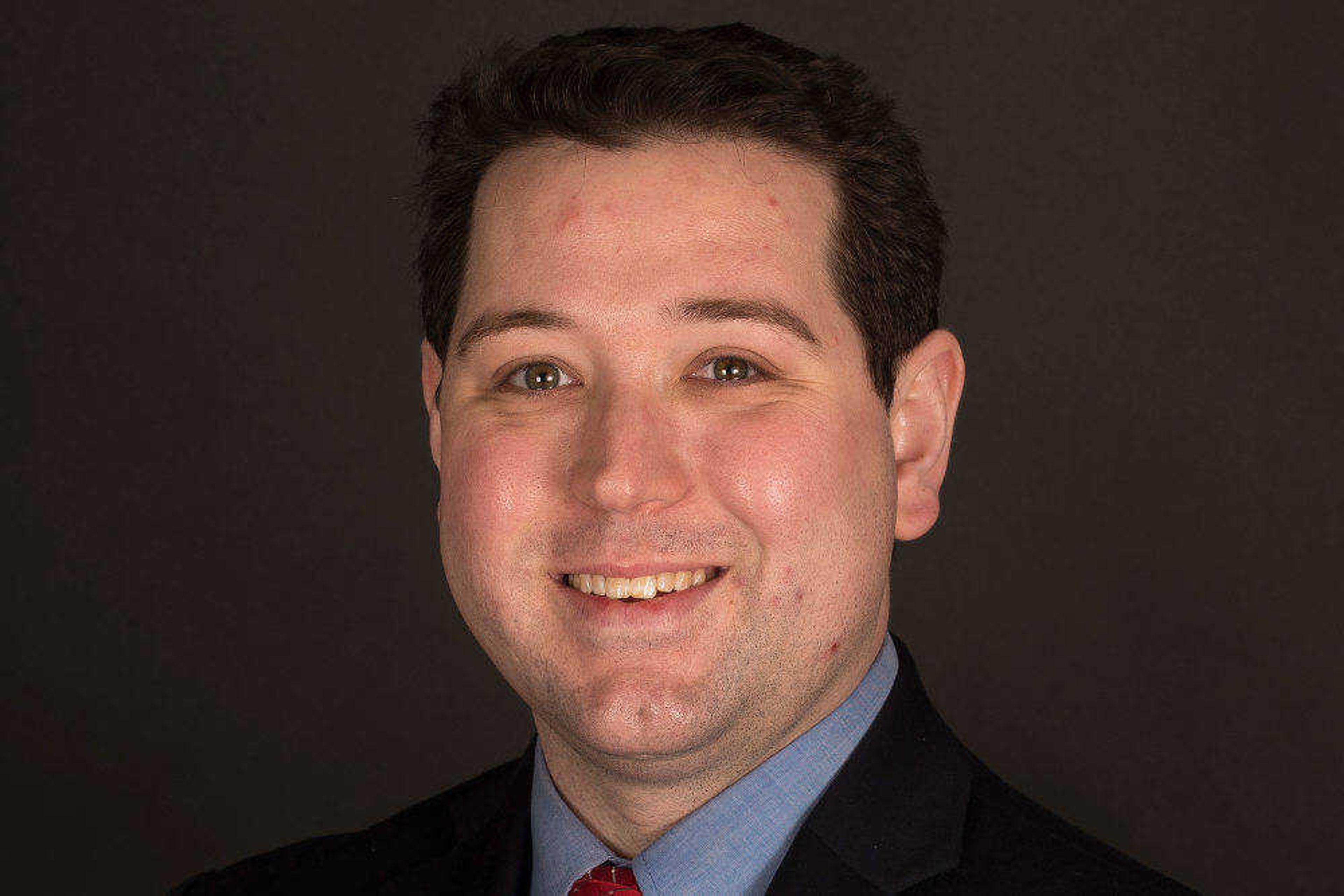Rob Mehner talks about Guatemala mission work, pandemic impact
Rob Mehner is a familiar face to many in the area. He was on staff at LaCroix Church before pursuing a call to international missions with his wife Kristy. For the last three years, the couple has served in Guatemala through New Life Advance International, a Christian missionary organization...
Rob Mehner is a familiar face to many in the area. He was on staff at LaCroix Church before pursuing a call to international missions with his wife, Kristy. For the last three years, the couple has served in Guatemala through New Life Advance International, a Christian missionary organization.
Rob is the director of training and pastoral care, and Kristy is the coordinator of short-term mission teams.
In March, the Mehners returned to the states on a planned visit after three years in Guatemala. Their flight back to the U.S. was March 10, just days before significant travel restrictions were put in place due to the novel coronavirus.

They were scheduled to be here until June to visit with friends and family and help raise funds to support their mission. Because of current travel restrictions the couple finds themselves in Cape Girardeau but communicating with supporters, friends and family much like they did while living in Central America — through video chat.
In talking with the president of their mission organization and those in Guatemala, Mehner said the Central American country is about four to six weeks behind the U.S. when it comes to the effects of COVID-19 and reopening their economy.
Their mission organization operates a children’s home, Christian school, medical clinic and pharmacy. Because of poverty in the country, the pandemic is causing exponentially worse challenges than those endured by many in the United States. Mehner said in good times Guatemala runs a 60% poverty level with 25% being “extreme poverty.”

The only way for people to get around is public transportation, which has been shut down for now. Plus a 6 p.m. to 4 a.m. curfew was put into effect.
“People can’t get anywhere,” he said. “It’s very difficult for things to get transported. And so they’re having real issues.”
A flag system lets neighbors and police know about issues at home. A white flag means food is needed. Red means older people in the home need medication and food. Black represents violence to a woman. Yellow represents violence to a child. Blue means violence to a man.
The Christian school their mission organization operates has 565 students, with more expected next year. Like the United States, they have been forced to use distance learning. Even though poverty is an issue, cellphones and basic data are considered a must.
The children’s home serves about 53 kids, with each missionary (about 15 on location) serving as a “mom” or “dad” to the kids.
“We go to school meetings. We go to teacher meetings. We help them when they’ve had trouble. And just getting kids to doctor appointments and driving in horrible traffic there and all that stuff,” he said. “It’s just investing in life. So one of the things that we’ve seen is just healing and growth in kids.”
The children who come to the home have been removed from their guardians by the government.
“When the Guatemalan government removes you from your home, it’s bad,” Mehner said. “So our population of kids have experienced radical trauma, neglect, abuse. I mean, in every form you can imagine. And it takes a large investment and time in somebody’s life to help them work through that and heal from that and get to a place where they can … own their own faith and hold down good jobs and be good citizens.”
Though happy to be back in the states for a few months, Mehner said he deals with a guilty feeling for not being there with the mission team and children. He regularly records video messages to be shared with the children, which has been important.
Each missionary raises funds not only for their own living expenses but also to cover operational needs and special projects.
Mehner said two churches support their work: LaCroix Church in Cape Girardeau and another church in Indiana where he served for two years. But most of the support comes from individuals, either on a small monthly basis or through larger gifts.
The need to raise funds is clearly on his mind, but he said it’s also been a reminder to choose faith and trust in God over fear and worry.
“My hope is not in my ability to raise funds. My hope is in God’s ability to prompt and move hearts and spirits to want to be part of what’s going on,” he said. “That can happen whether I show up at a place or not.”
Mehner is hopeful the lessons people learn during the pandemic will translate whenever life returns to normal — or a new normal.
“Hopefully people remember how important relationships are and [how important] personal connection are and that they don’t take those things for granted.”
Show gratitude and have a heart to serve others. And show kindness over malice. He said whether it’s supporting a child or missionary or helping an elderly neighbor with their lawn or groceries, we can all find ways to exhibit this life of service.
It’s an important message — whether you’re a missionary in Guatemala or living life in Southeast Missouri.
To learn more about the Mehners work in Guatemala or donate, visit www.nlai.org and their Facebook page: Mehners in Mission.
Lucas Presson is assistant publisher of the Southeast Missourian.
Connect with the Southeast Missourian Newsroom:
For corrections to this story or other insights for the editor, click here. To submit a letter to the editor, click here. To learn about the Southeast Missourian’s AI Policy, click here.











